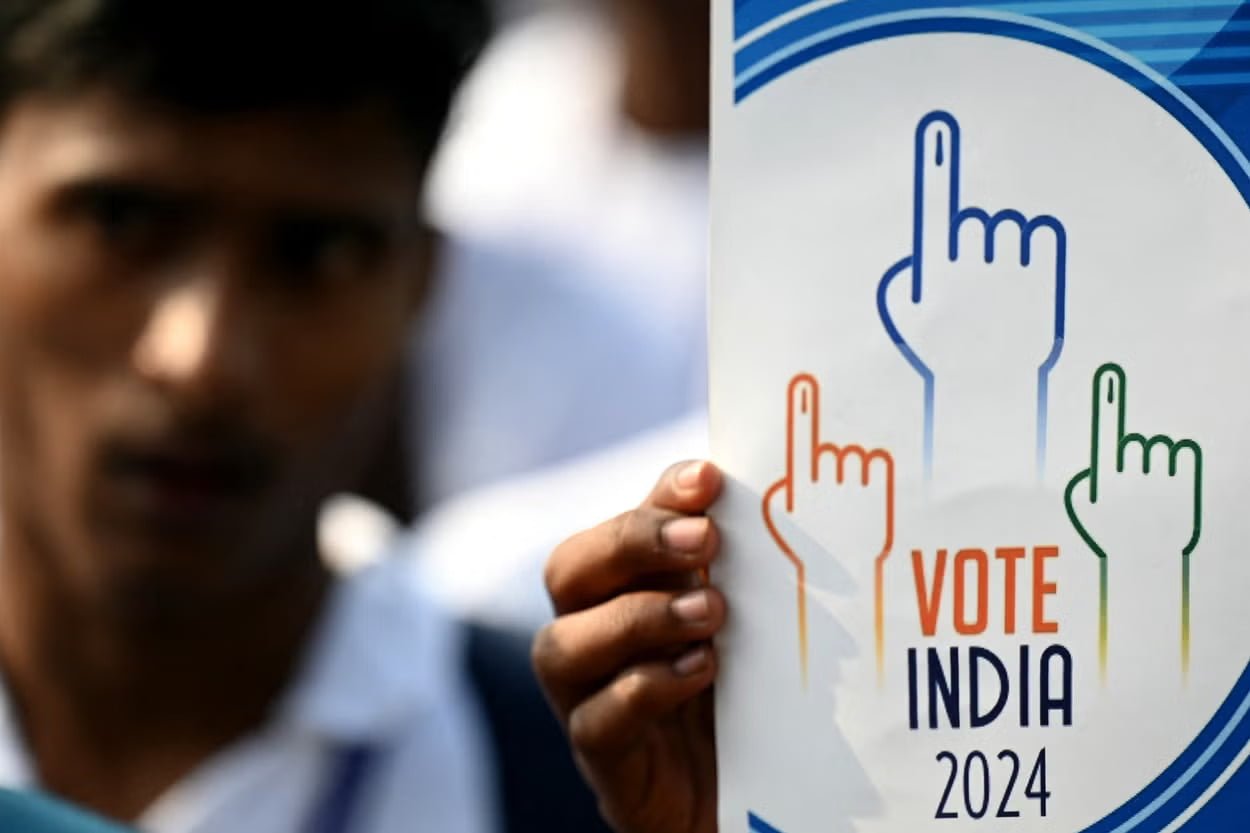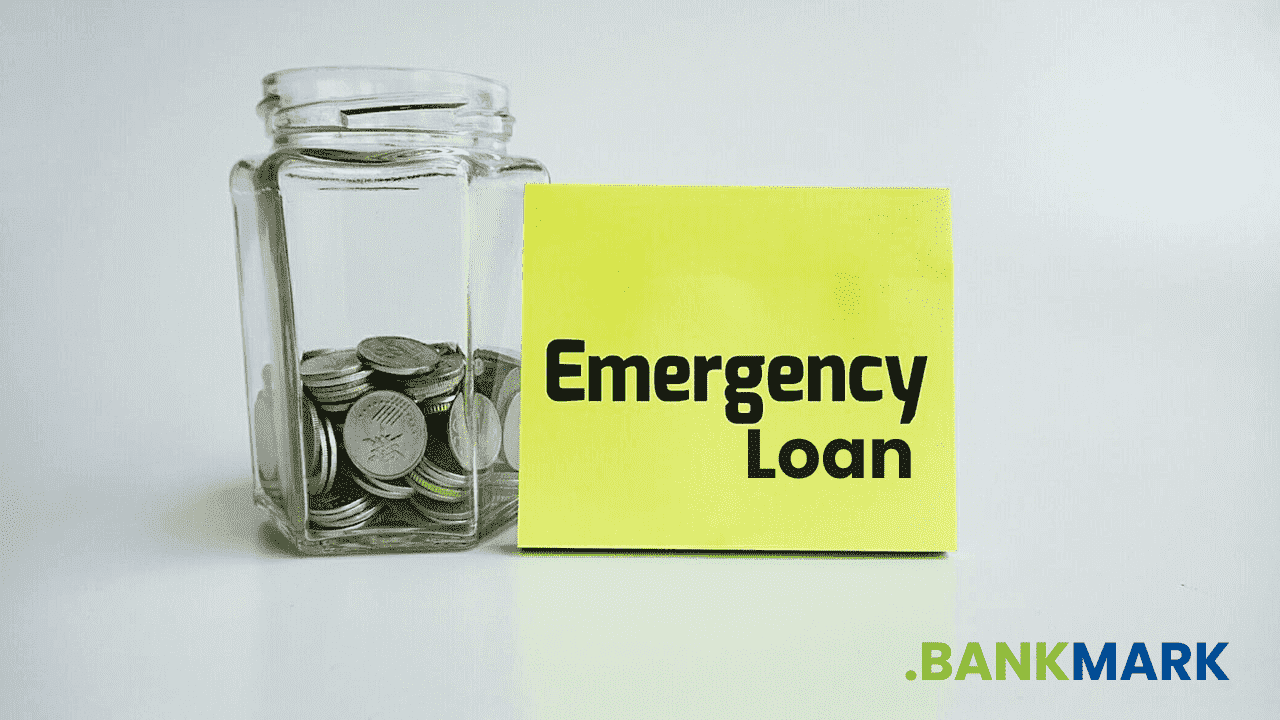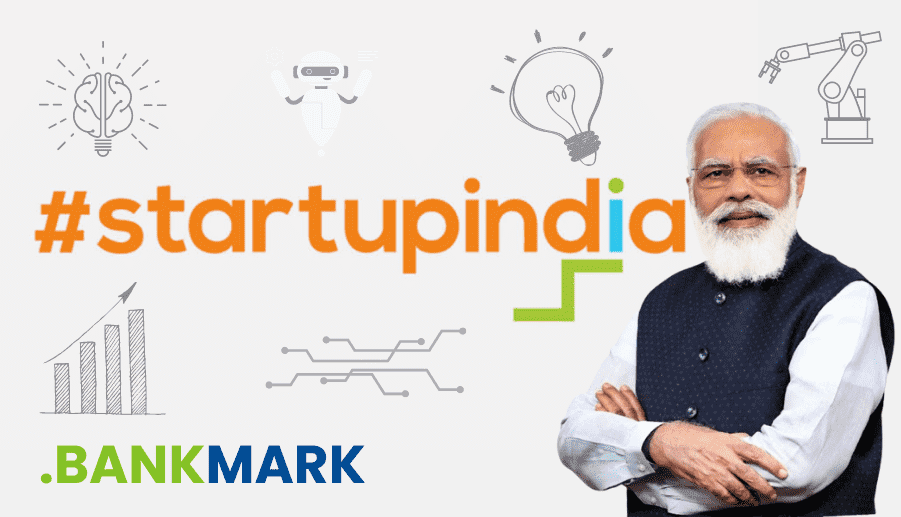When it comes to personal finance, making the right decisions can have a significant impact on your financial well-being. One of the most common decisions people face is whether to opt for a personal loan or rely on a credit card for their financial needs. Both options have their own advantages and disadvantages. In this guide, we’ll break down the key differences between a personal loan and a credit card to help you make an informed decision.
Understand the basics
Personal Loan: A personal loan is a fixed amount loan offered by financial institutions such as banks or online lenders. It is typically used for larger planned expenses, such as home renovations, debt consolidation, or major purchases. Personal loans have fixed interest rates and a predetermined payment schedule.
Credit Card: A credit card, on the other hand, is a revolving line of credit that allows you to make purchases up to a specific credit limit. Credit cards are often used for everyday expenses and offer flexibility in payment terms, allowing you to pay the minimum balance or the full amount each month.
Interest Rate
When it comes to interest rates, personal loans often have the advantage. They generally offer lower interest rates than credit cards. This makes personal loans a cost-effective option for large expenses that you plan to repay over time. On the other hand, credit cards tend to have higher interest rates, especially if you carry a balance from month to month. Interest accrued on credit cards can quickly become a financial burden.
Payment Terms
A notable advantage of personal loans is their structured repayment conditions. When you apply for a personal loan, you receive a clear payment plan with fixed monthly payments. This predictability can be reassuring for people who prefer a structured approach to debt management. With credit cards, even if you have the option to pay the minimum or more, the revolving nature of credit can lead to permanent debt if not managed carefully.
Impact on Credit Score
Personal loans and credit cards can affect your credit score. However, the impact varies depending on factors such as your credit utilization and your ability to make payments on time.
Personal Loan: Obtaining a personal loan may initially cause your credit score to drop slightly due to a hard credit inquiry. However, if you make your payments on time, it can have a positive long-term effect by demonstrating responsible borrowing.
Credit Card: Using a credit card can also affect your credit score. High credit card balances relative to your credit limit (high utilization) can lower your score. Making payments on time and keeping your credit card balances low can have a positive impact.
Credit limits
Credit cards come with a preset credit limit, which can come in handy for everyday spending. However, this limit cannot cover larger expenses. Personal loans, on the other hand, offer a lump sum upfront, which can be beneficial for large one-time expenses
Fees and Charges
Personal loans and credit cards may come with fees and charges that you should be aware of:
Personal Loans: Some personal loans come with origination fees or other processing fees. It is essential to read the fine print to understand the total cost of the loan.
Credit Cards: Credit cards may incur annual fees, late fees, and other fees, especially if you miss payments or exceed your credit limit.
Credit Card Rewards
It’s worth mentioning that credit cards often offer rewards and benefits such as cash back, airline miles, or rewards points. These benefits can be attractive to people who manage their credit card spending responsibly. However, it’s critical to weigh these rewards against the potential interest costs if you carry a balance.
Risk factors
Consider the risks associated with each option:
Personal loans: The main risk of personal loans is the possibility of default, which can have serious consequences.
Credit Cards: The primary risk with credit cards is the temptation to accumulate high-interest debt, which can lead to a cycle of minimum payments and increasing balances.
Individual Financial Goals
Ultimately, the choice between a personal loan and a credit card should align with your individual financial goals and circumstances. Here are some factors to consider:
- The purpose of the loan: What do you need the funds for?
- Your ability to manage revolving credit: Can you resist the urge to overspend on a credit card?
- Interest rates and total cost: Which option offers the most cost-effective solution for your needs?
- Your credit history and score: Do you qualify for favorable terms on a personal loan or credit card?
Conclusion
In the personal loan vs. credit card debate, there’s no one-size-fits-all answer. The right choice depends on your financial situation, goals, and discipline in managing debt. Be sure to evaluate the pros and cons of each option carefully before making your decision. Remember, responsible borrowing and financial management are key to achieving your financial objectives and maintaining financial stability.



